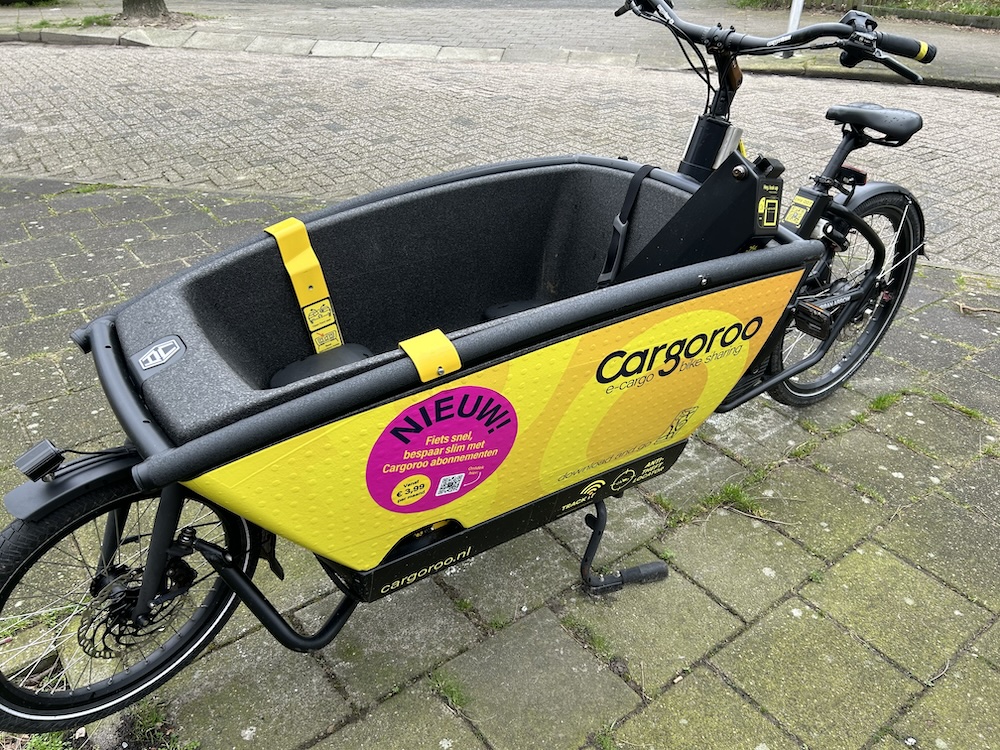The cargo bike, often seen as a symbol of sustainable city logistics, offers numerous advantages.
More and more companies and self-employed people in large cities are exchanging their traditional vans for cargo bikes. This shift is mainly driven by increasing mobility problems and parking pressure in urban areas. Entrepreneurs choose cargo bikes not only for practical reasons, but also for ecological considerations, where a significant reduction in CO2 emissions is an important motivator.
For small self-employed people such as plumbers and handymen, the cargo bike offers an efficient solution to navigate quickly and flexibly in the city. The package and meal delivery sector has also discovered the benefits. For example, an electric cargo bike can find a parking space more easily than a car and is often faster in city traffic.
Despite these benefits, there are also challenges. The dimensions of the cargo bike, although more compact than those of vans, still require significant space on the often narrow urban sidewalks. This can lead to obstructions that are not only impractical, but can also damage the image of the company in question.
The urban infrastructure sometimes lags behind this trend. Although the cargo bike offers many advantages, such as always parking close by and no fuel costs, it is sometimes a puzzle to find a suitable parking spot without hindering pedestrians.

However, the challenge remains to adapt urban infrastructure to new forms of transport and to ensure a level playing field in the competition between providers of these innovative services.
Another interesting aspect of the rise of the cargo bike is the increase in shared cargo bikes, such as those from Cargoroo. These services offer residents the opportunity to use cargo bikes in a flexible and sustainable way without having to be the owners themselves. However, the path to acceptance and integration in city districts is not always self-evident.
matter
In a matter of licensing for shared cargo bikes, the preliminary relief judge has to find a delicate balance between the interests of the parties involved. The core of the conflict concerns the rejection of a permit application by a company, referred to in this context as the applicant, against the interests of the municipality, here referred to as the defendant, and a competing company, Baqme.
The judge emphasized that the suspension of the refusal to grant a permit does not automatically mean that the permit would still be issued to the applicant. This is an important legal nuance, because simply suspending a negative decision does not immediately lead to a positive outcome for the applicant.
The applicant has mainly justified its request for interim measures with the argument that this is necessary to offer investors a 'ray of hope'. She claims that the municipality's decisions could cause her financial problems within two months, which would have a serious impact on business operations. However, the preliminary relief judge found that these allegations were not sufficiently substantiated, especially because the applicant chose not to share business-sensitive information that could substantiate its financial situation.
This decision by the preliminary relief judge illustrates the complexity of legal decision-making in situations where the interests of multiple parties are at stake. The judge pointed out that the applicant's current permit is still valid until June 15, 2024, and that the company could and should have reasonably anticipated the possibility that it would not automatically receive a new permit. This suggests an expectation of proactive risk management from companies in their business strategies.
Furthermore, the judge ruled that compliance with the Additional Rules and the General Local Ordinance (APV) by the municipality is an important interest that serves to protect legal certainty. This importance is further reinforced by the involvement of a third party, in this case Baqme, whose rights and interests must also be safeguarded.




